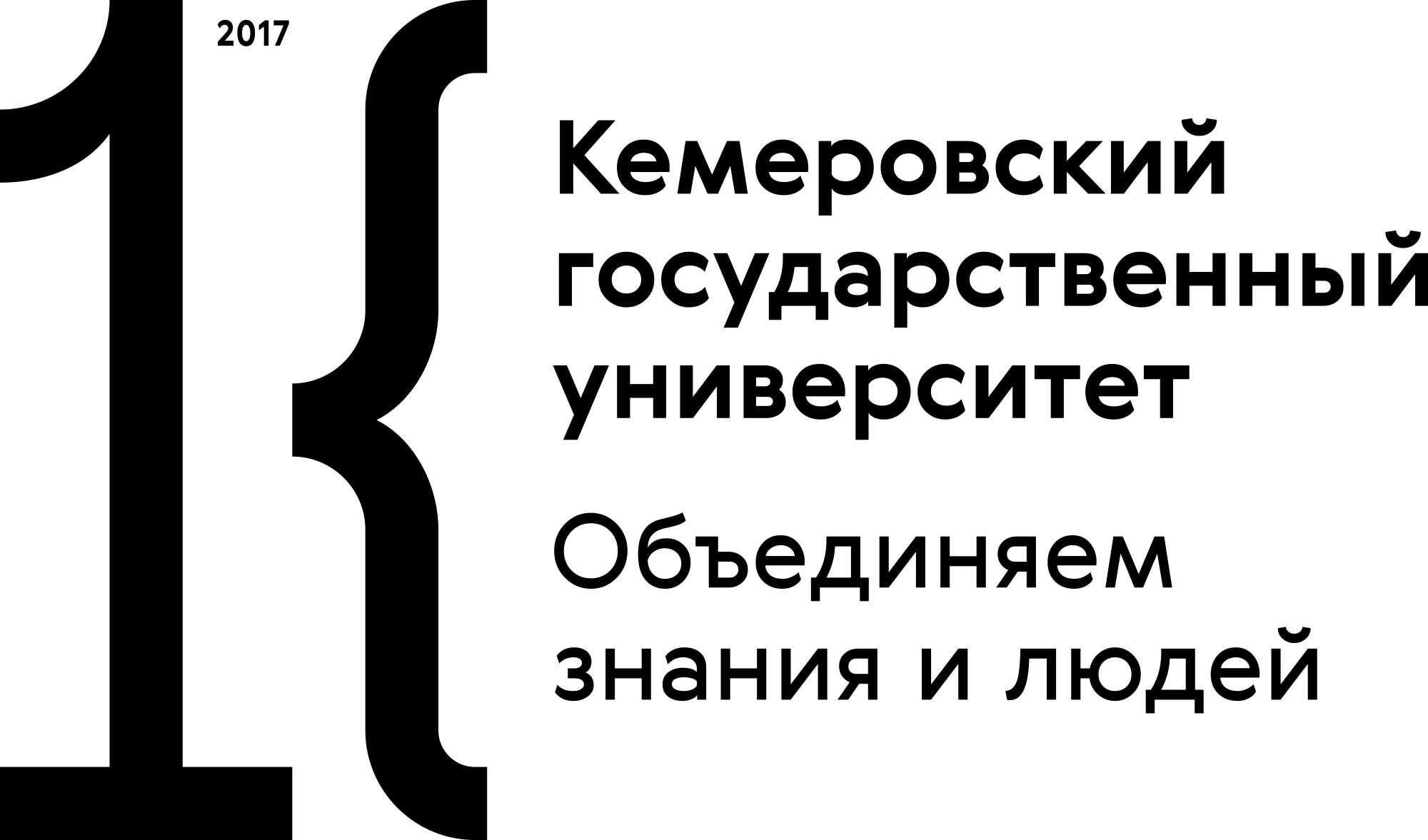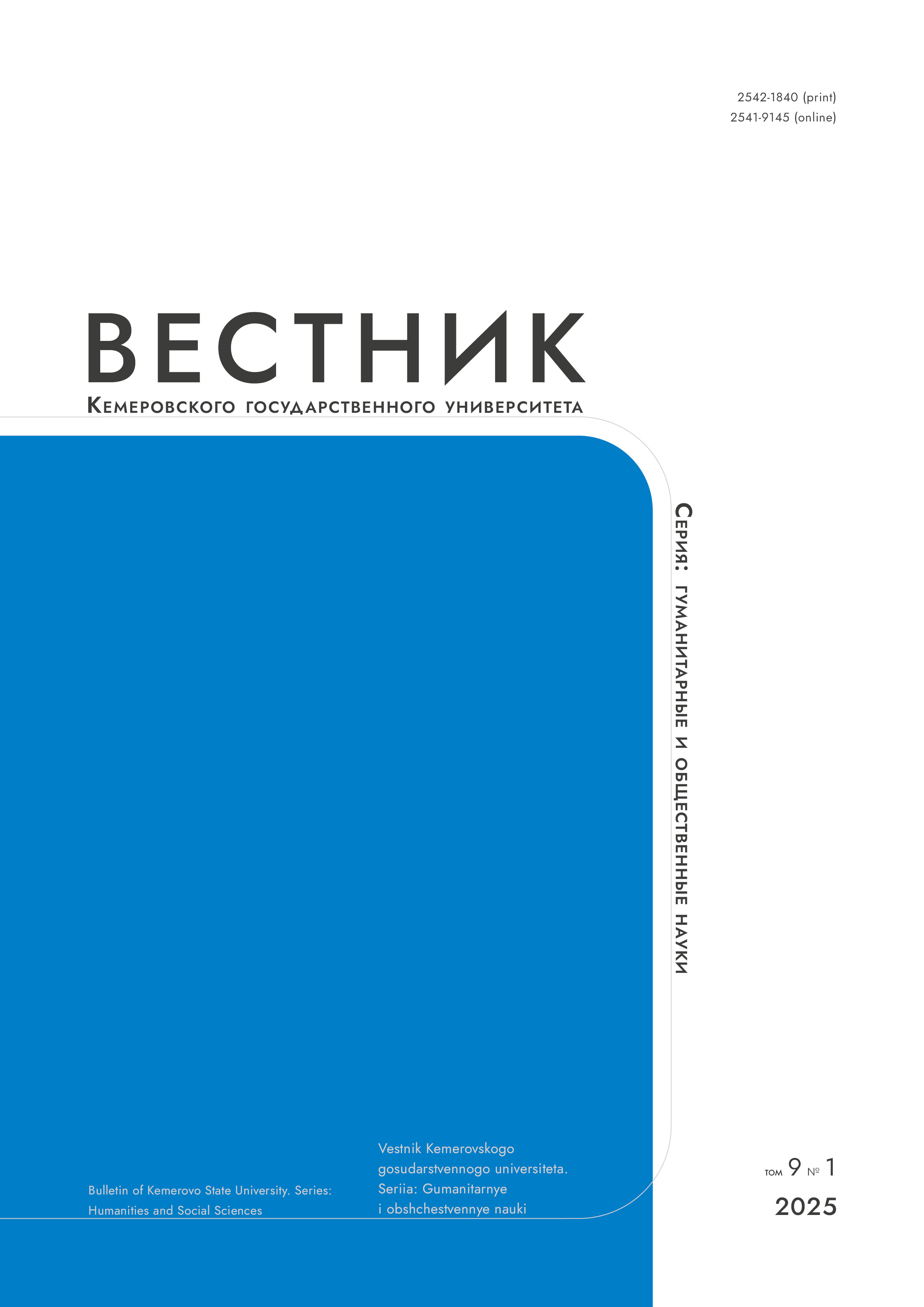Kemerovo, Russian Federation
Kemerovo, Russian Federation
UDC 37
The research featured peculiarities of the intellectual development of children with severe speech disorders. A set of experiments showed that such children have systemic underdevelopment of verbal and non-verbal functions. The empirical part of the research was based on two methods: a color version of Raven's Advanced Progressive Matrices Test and Wechsler’s Pre-School & Primary Scale of Intelligence in M. N. Ilyina’s adaptation. The data were analyzed with the help of statistical methods. The article focuses on the system of psychological and pedagogical conditions of the intellectual development of preschoolers in the conditions of preschool educational organizations. The authors consider the sensory education as the basis of intellectual development aimed primarily at the development of feelings and perceptions. The content of the intellectual education includes speech development, development of elementary mathematical concepts, and productive activities (construction, modeling, drawing, application), which are considered as significant aspects of intellectual education. The authors compiled, tested, and evaluated a program of intellectual development of senior preschool children with severe speech disorders. The program was based on didactic games.
children with severe speech disorders, preschool child, development of intelligence in preschool age, sensory education, preschool education, organized educational activity, didactic games
1. Volkova L. S., Lalaeva R. I., Mastiukova E. M. Speech Therapy. Moscow: VLADOS, 1998. 675. (In Russ.)
2. Piaget J. The psychology of intelligence. St. Petersburg: Piter, 2003, 192. (In Russ.)
3. Sobotovich E. F. Speech underdevelopment in children and ways of its correction. Children with intellectual disabilities and motor alalia. Moscow: Klassiks Stil, 2003, 160. (In Russ.)
4. The development of thinking and mental education of preschoolers, eds. Poddiakov N. N., Govorkova A. F. Moscow: Pedagogika, 1985, 200. (In Russ.)
5. Vlodarchik R. A., Lubochnikov P. G., Nurgaleev V. S. Intelligence as a semi-scientific category. Siberian Pedagogical Journal, 2007, (11): 359-368. (In Russ.)
6. Boriakova N. Yu., Soboleva A. V., Tkacheva V. V. Workshop on the development of mental activity in preschool children. Moscow: Gnom-Press, 1999, 64. (In Russ.)
7. Mental education of preschool children, ed. Poddiakov N. I., Sokhin F. A. Moscow: Prosveshchenie, 1998, 190. (In Russ.)
8. From birth to school. Sample general educational program for preschool education, ed. Veraksa N. E., Komarova T. S., Vasileva M. A. Moscow: Mozaika-Sintez, 2012, 329. (In Russ.)
9. Tukeeva G. E. About the formation of spatial-shaped thinking. Voprosy nauki i obrazovaniia, 2019, (5): 175-186. (In Russ.)
10. Bogoyavlenskaya D. B., Zhukova E. S., Nizovtsova A. N. On the Capabilities and Limitations of the Intelligence Tests. Problemy sovremennogo obrazovaniya, 2017, (4): 61-71. (In Russ.)
11. Ilina M. N. Psychological research of intelligence in children. St. Petersburg: Piter, 2006, 365. (In Russ.)
12. Kataeva A. A., Strebeleva E. A. Didactic games and exercises in teaching mentally retarded preschoolers. Moscow: Prosveshchenie, 1991, 191. (In Russ.)
13. Vygotsky L. S. The development of higher mental function. Moscow: Izd-vo Akad. ped. nauk, 1960, 500. (In Russ.)


















